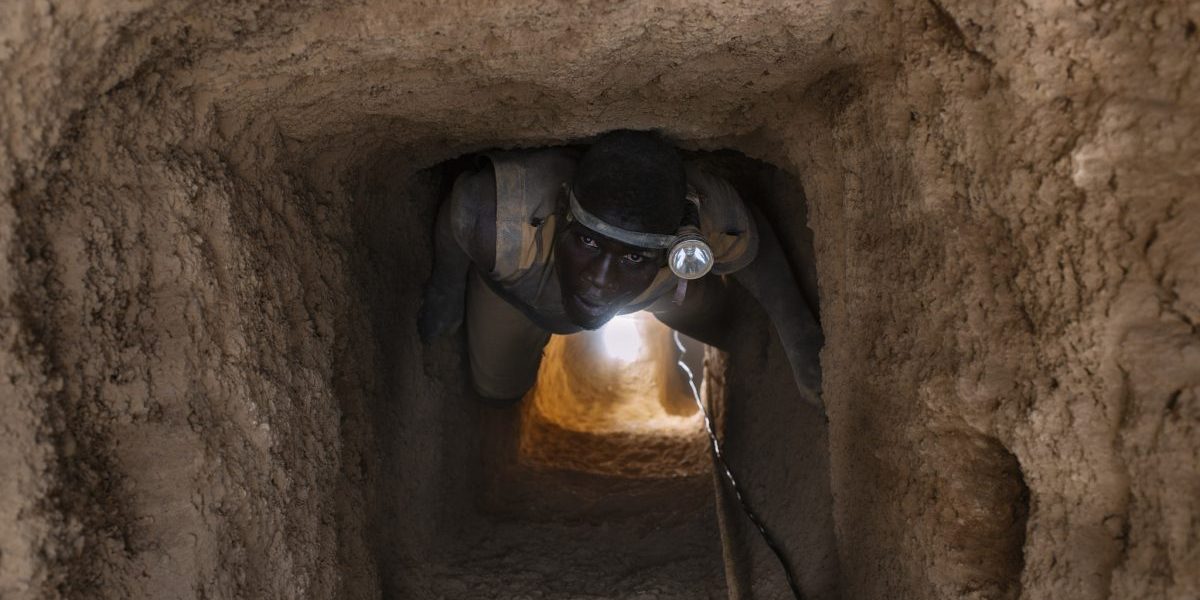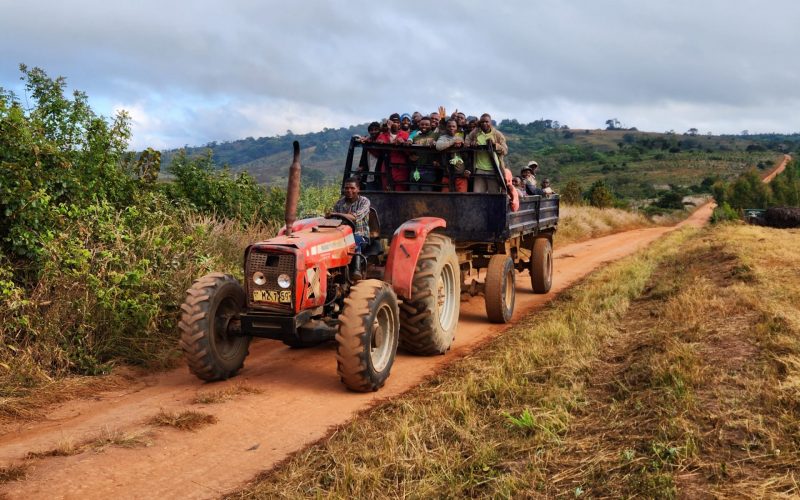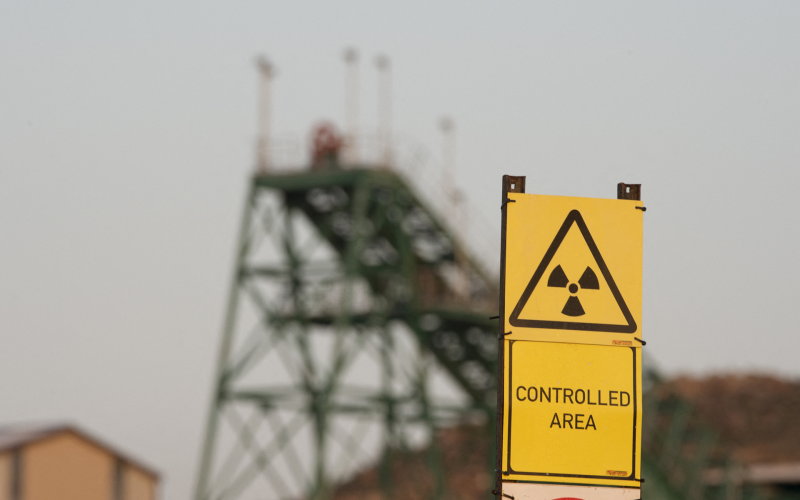Conspicuously absent from the main event, however, were NGOs and community organizations. The R10 000 registration fee ensured that only the largest international NGOs could attend the first two days of the conference to follow discussions and presentations from mining companies and investment-hungry governments.
Just a few city blocks from the sleek Cape Town International Convention Centre community organizations, church groups and other NGOs gathered at the Alternative Mining Indaba, a small but growing event where civil society and community leaders spoke openly and passionately about the frustrations and challenges they face in dealing with mining companies and their own governments.
Concerns raised by communities from various African countries were strikingly similar, relating to lack of consultation, environmental damage, trampling of human and cultural rights when communities are relocated and investor-friendly tax regimes that generate minimal revenue for the government and local communities.
Delegates also voiced frustration at the ways in which communities often bore the environmental and social costs of mining operations, yet mining companies retained such a large share of the profits – “mining companies always try to socialize the costs and privatizing the profits” were the words used by one delegate.
Some of the most startling material presented at the Alternative Mining Indaba related to pollution at a gold mine in Tanzania. Images of local villagers and their livestock with disturbing skin conditions and other signs of illness were shown, allegedly caused by a chemical spill at the mine in 2009.
The third and final day of the Mining Indaba was a dedicated Corporate Social Responsibility (CSR) Day, and here civil society finally got its chance to access the event as no entrance fee was charged. While attendance was not especially poor, one couldn’t help feeling that there was some significance to the fact that CSR had been placed at the very end of the agenda, with most delegates already departing and stalls in the exhibition hall in the process of being dismantled.
Many of the delegates who had attended the Alternative Mining Indaba were excited to see that one of the panelists at the main event’s CSR Day was a representative from the mining company that owned the controversial Tanzanian gold mine, which they had discussed the day before. In his presentation, however, the company representative steered clear of any inconvenient detail, essentially presenting excerpts from the company’s sustainability report and sticking to general, up-beat remarks.
The audience could not address their questions to the panellists directly, question cards were introduced in the beginning of the session as a way to ensure that sufficient questions were directed at each of the panelists – strange, however, that questions in all previous sessions of the Mining Indaba had been handled with a roving microphone. Perhaps the question cards did help in structuring the question session, but it may also have proved to be an effective mechanism to avoid any uncomfortable questions – according to a delegate from the Alternative Mining Indaba, a number of pointed questions about pollution at the Tanzanian gold mine were submitted to the panel, yet none of these questions came up for discussion.
The contrast between the impassioned debate at the Alternative Mining Indaba and the polished discussions at the Mining Indaba itself raise some difficult questions. One of the key complaints of community organizations is that they do not have a voice in debates about mining investments – “community engagement” in practice often means simply informing communities of an impending investment and/or relocation process, with little opportunity for any real choice by the community.
Governments are often perceived to be prioritizing investors over their own communities, and the increasingly common practice of politicians or members of the army leadership becoming involved in mining activities creates dangerous conflicts of interest.
A number of representatives at the Alternative Mining Indaba pointed out that when they raise concerns about environmental, human or cultural rights in the context of mining investments, they are often criticized as being “anti-development”.
It was clear from the discussions, however, that these communities were passionate about development, and in most cases acknowledged the positive contributions that mining can bring if – and it is a big “if” – governments and mining companies are sincere in their engagements with communities, and respect environmental, social and cultural rights.








